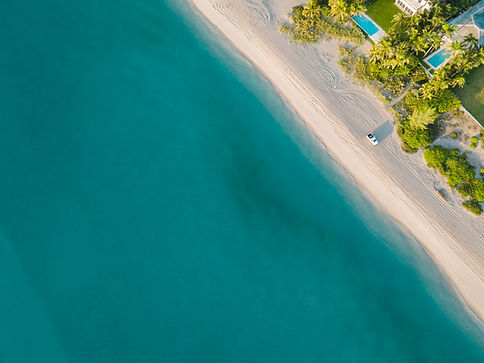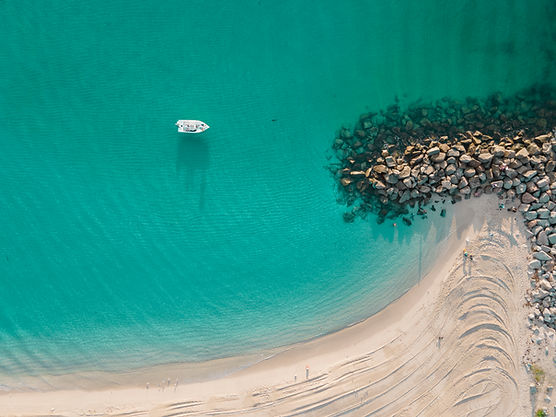Acerca de

NHF
Largest independent body that aims at promoting hydrology as a science and at increasing the understanding of hydrology and of hydrological methods within applied sciences and water planning in the Nordic
Scope
The Nordic Association for Hydrology (NHF) is an independent body that aims at promoting hydrology as a science and at increasing the understanding of hydrology and of hydrological methods within applied sciences and water planning in the North. It has currently approximately 200 members.
NHF membership is open to all individuals and institutions/companies (a list of the Institutional members) actively interested in hydrological work or research. The statutes of NHF allow for members of the Board to represent other countries than the Nordic ones, but out of a maximum of eight board members, a minimum of five shall represent the Nordic countries. At present all the three Baltic countries, Estonia, Latvia and Lithuania, are also represented in the Board of NHF.

Nordic Association for Hydrology
An independent body that aims at promoting hydrology as a science and at increasing the understanding of hydrology and of hydrological methods within applied sciences and water planning in the North.
Activities
NHF was formed in 1970 and is involved in the following activities:
-
Biennial conferences providing an open forum for the presentation and discussion of important issues, studies, new developments and research, and for the general exchange of news and views. Information for member states: principles for arranging NHC.
-
An annual newsletter on the web to keep members informed on Nordic and International hydrological activities, as well as a forum to publish reports of the member’s own work.
-
An international scientific journal, Hydrology Research (previously Nordic Hydrology), issued five times per year. Hydrology Research includes articles from all fields of hydrology, and is intended to be a link between the basic hydrological research and the practical application of scientific results for water management purposes. Hydrology Research currently has approximately 250 subscribers world wide.
-
Awards to the best papers in Hydrology Research, biennially, and awards to the best student paper and student poster presented at the biennial Nordic Hydrological Conferences.
-
Funding for arranging courses and seminars on hydrology.
-
Information folder 2020 about NHF (1.5 Mb)
Association for Hydrology, its early history
The statutes of NHF
The roots of the Nordic Association for Hydrology (NHF) are deep. Already the hydrological conferences of the Baltic Sea countries (1926-1938) initiated in the countries on the Eastern side of the Baltic Sea, gradually attracted hydrologists from other countries of Northern Europe1. Topically, the Baltic conferences dealt with both freshwater and sea water. This series of meetings was broken by the Second World War, and never continued as such after the war.
However, between 1955 and 1967 five so-called Nordic Conferences of Hydrologists were organized on a 3-year rotational basis between the five Nordic (in sensu stricto) countries 2. The language of these meetings was one of the Scandinavian ones3. This series of conferences attracted regularly some 30-50 participants, mainly from national hydrological and meteorological services, but also consulting engineers and educators, in particular with an interest in hydropower development, being of central economic importance in the region.
At the end of this period, i.e. from 1965, the International Hydrological Decade (IHD) was established under UNESCO auspices. The IHD immediately created active interest in hydrology in wide circles beyond the traditional operation of surface water networks. The IHD also provided a basis for extensive Nordic water-related cooperation. A co-ordinating group, NUTSAM, was established between the five Nordic IHD committees. This group quickly identified the need for organising a broad water-related forum for exchange of hydrological research results and professional contacts between Nordic hydrologists, both theoretical and applied. Provisional statutes were drafted and discussed at the sixth4 Nordic Hydrological Conference in Stockholm 1970, which on August 28, 1970 agreed to form the NHF, which immediately took responsibility for organizing future Nordic Hydrological Conferences. The statutes were formally decided by the General Assembly of the Association at the following Conference in Sandefjord (Norway) in 1972. The Conferences have since then been biannual, and the most recent 26th Nordic Hydrological Conference was held in Riga, Latvia in August 2010. Since 1996 the NHF has attracted many members from the three “Baltic” states of Estonia, Latvia and Lithuania, and these countries now take part in organizing circulating conferences. The widening membership basis has led to English being the preferred language at Board meetings and Hydrological Conferences, although this is not formally reflected in the current Statutes. Another indication of the regional broadening of scope is that the international scientific journal Nordic Hydrology, which was owned by the NHF during the first years, is now merged with the former journal of the British Hydrological Association into Hydrology Research
1 The following 11 countries were represented at one or more of the Baltic Sea hydrological conferences: Denmark, Estonia, Finland, Freetown Danzig, Germany, Latvia, Lithuania, Norway, Poland, Soviet Union and Sweden.
2 Denmark, Finland, Iceland, Norway and Sweden
3 Danish, Norwegian and Swedish are mutually intelligible, and fairly well understood in Finland and Iceland as well.
4 Continuing the numbering of the 1955-1967 series of meetings
